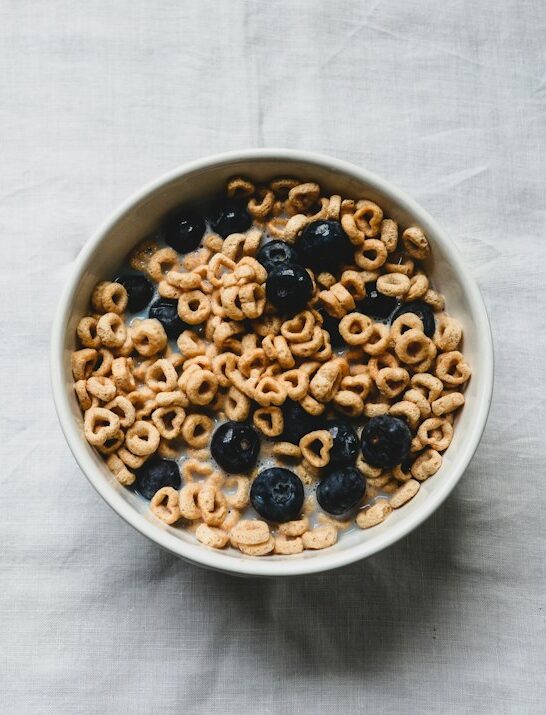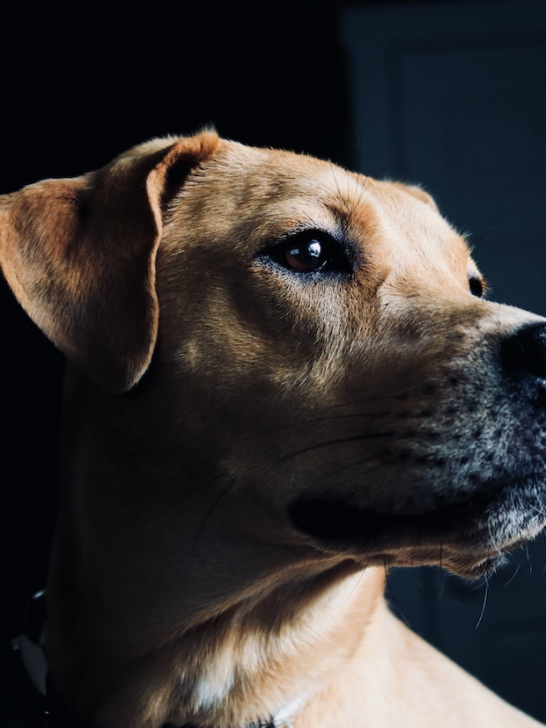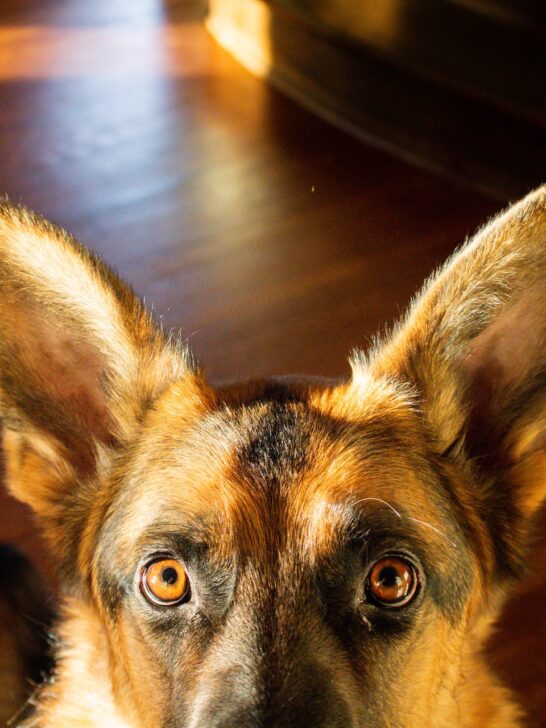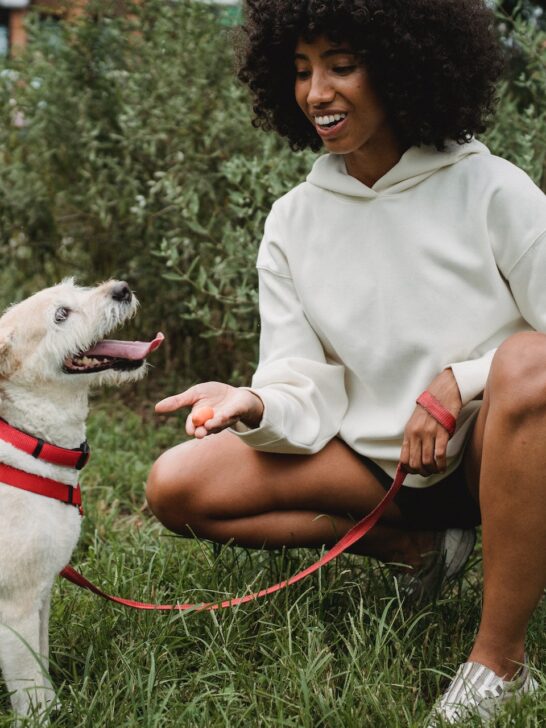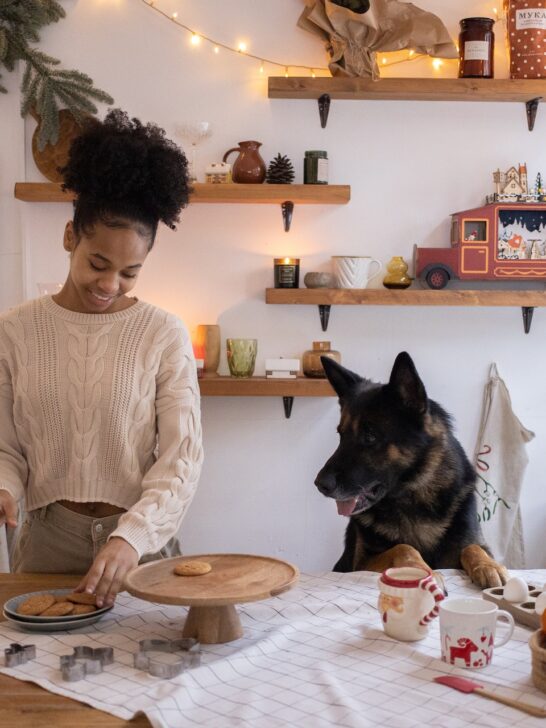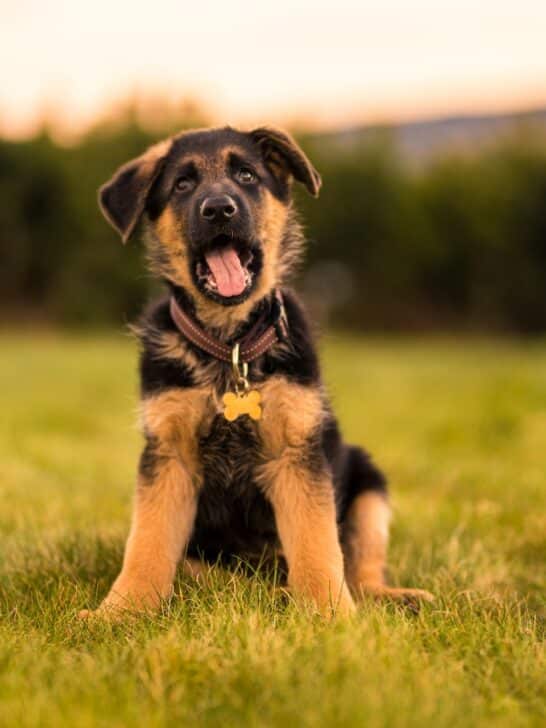Preventing Dogs From Eating Human Food
|
Prefer listening over reading? We got you covered!
Getting your Trinity Audio player ready...
|
Dogs have a reputation for trying to get their paws on any human food they can find. After all, it’s not unusual to see your furry friend looking with appetite at your freshly made meal.
At some moments, you may buckle under the pressure of their lovely gaze and give your dog a bite of the food you eat. However, it’s not a recommended practice.
While giving your pup a small scrap from the table may seem harmless, feeding dogs human food can pose several risks to their health and well-being. Regularly giving left-over table food as “treats” will only reinforce that kind of behavior.
In this article, we explore the potential risks of dogs eating people food and discuss practical ways to prevent them from indulging in our meals.
Key Takeaways
- Eating human food can pose serious health risks to dogs.
- Many human foods, such as chocolate, grapes, onions, and certain artificial sweeteners, are toxic to dogs.
- Human food can be high in fat, salt, and sugar, leading to digestive issues, obesity, and long-term health problems in dogs.
- To prevent your dog from stealing human food, store all food out of their reach and secure trash cans with tight-fitting lids.
- Training your dog with basic obedience commands like “leave it” and “stay” reinforces good behavior and discourages food stealing.
- Dogs may steal human food due to their natural scavenging instincts, seeking out tasty and aromatic treats. They may also resort to stealing food if they have learned this behavior sometimes results in a rewarding outcome or attention from their owners.
What Are the Risks of Dogs Eating Human Food?
1. Potential Health Problems
Dogs and humans have different digestive systems, and some foods that are safe for humans are toxic to dogs. For example, ingredients such as onions, garlic, chocolate, and grapes can be harmful and even fatal to dogs if ingested in large quantities.
Foods high in salt, sugar, or artificial sweeteners also might lead to various health problems in dogs, including obesity, diabetes, and kidney issues. Thus, it’s best to keep your dog away from these foods.
2. Digestive Issues
Many dogs are not accustomed to eating highly processed and seasoned human food. Consuming such food can cause digestive issues like diarrhea, vomiting, and stomach upset. Dogs have a sensitive digestive system, and sudden dietary changes can have a negative impact on their gastrointestinal health.
If your dog is suffering from diarrhea, here’s what you can do:
3. Nutritional Imbalances
Dog food is formulated to meet the specific nutritional needs of dogs. At the same time, human food is designed for human consumption.
When dogs eat too much human food, they can miss out on essential nutrients that are crucial for their overall health. It can lead to nutritional imbalances and deficiencies over time.
How Can You Train Your Dog To Avoid Eating Human Food?
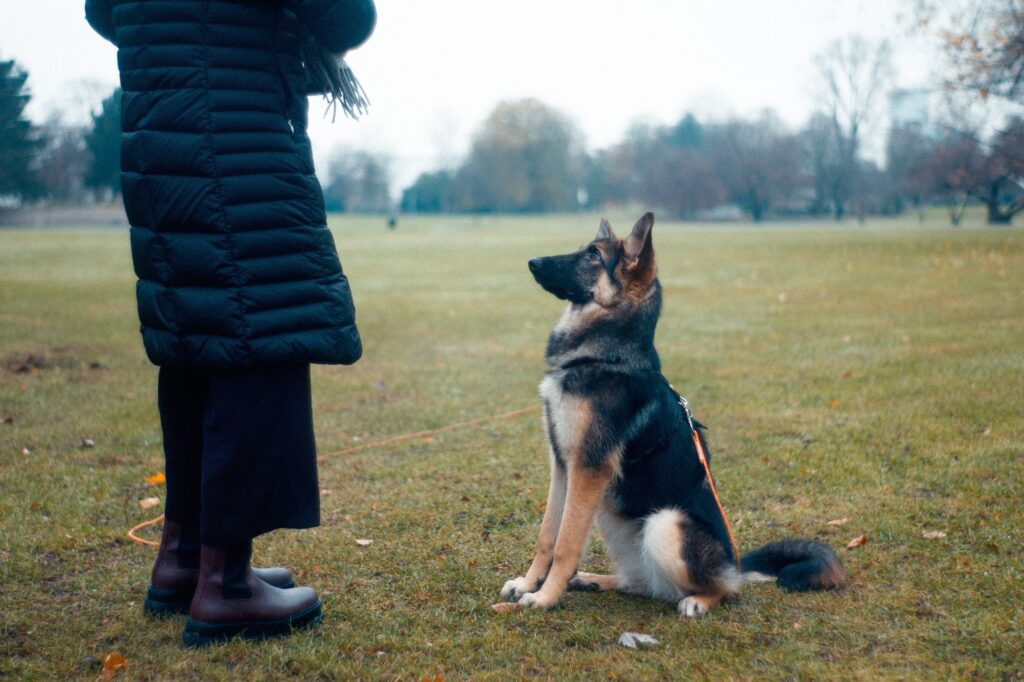
1. Feed Them With Dog Food Regularly
You can stop your dog from being tempted to steal human food by providing them with high-quality dog food and a balanced diet.
Next time you’re out shopping, buy your four-legged friend nutritious and filling pet food that is made of natural ingredients and suited to their dietary needs.
A good trick to get your dog to eat its food is to switch up the flavors or types of kibble. Dogs are picky eaters and can get bored with the same food every day.
It’s also essential to establish a consistent feeding time for your pet. Feed it at the same meal times every day, ideally in the morning and evening. Doing so will help them develop a regular appetite and prevent overeating or unwanted cravings for human food.
2. Establish Clear Boundaries
When training your dog to stay away from human food, consistency is key.
Make it clear from the beginning that table scraps are off-limits. If your dog keeps looking at table scraps and shows interest in the food, tell it in a commanding way to “leave it” or “no.” It will reinforce your dog to stop begging for human food and encourage eating their own food.
It may take some time for your dog to understand basic obedience training commands, so be patient and persistent.
3. Use Positive Reinforcement
Positive reinforcement is an effective way to train your dog. Here’s how to do it:
- When your dog successfully ignores the food, give the dog a treat and praise. It will reinforce good behavior and teach it that ignoring human food leads to positive outcomes.
- Every time your dog steals food, simply stop them and tell them to “go to their place” instead of punishing them. If your dog understands and obeys the command, reward them with a delicious treat.
4. Provide Tasty Alternatives
One reason dogs will eat and go after human food is because it smells and tastes appealing to them.
To keep dogs away and curb their cravings, offer them healthy dog food alternatives. Apples (without seeds), carrots, and plain cooked chicken are safe options to give as treats or mix with their regular dog food.
5. Consult With a Veterinarian or Dog Trainer
If your furry companion seems unable to resist food temptations despite your training efforts, consult your veterinarian for further guidance. Certain health issues and medications can trigger excessive hunger in dogs, leading them to behave as if they are constantly starving.
Alternatively, you may work with dog trainers to teach your dog to leave human food alone.
What Steps Can You Take To Prevent Your Dog From Stealing Food?
1. Secure Your Kitchen Counter
Counter-surfing is a common behavior in dogs, especially when they smell something delicious. To prevent it from happening, keep your kitchen counters clean and free from food that can catch your pup’s attention.
2. Keep Human Food Out of Reach
Securely store food in sealed containers and place it out of your furry friend’s reach. Be mindful of where you put left-overs, as even small scraps can attract your dog’s attention. Besides, ensure you throw all food waste properly since consuming scraps can pose serious health risks to your furry friend.
3. Train Your Dog To Stay Away From the Table
Dogs learn by association, so it’s crucial to establish rules around the dining area. Teach your dog to stay away from the table by providing a designated spot for them during mealtime, such as a crate or their own bed. Reward them for good behavior and consistently reinforce the rule of not begging at the table.
Why Do Dogs Have a Tendency To Eat Human Food?
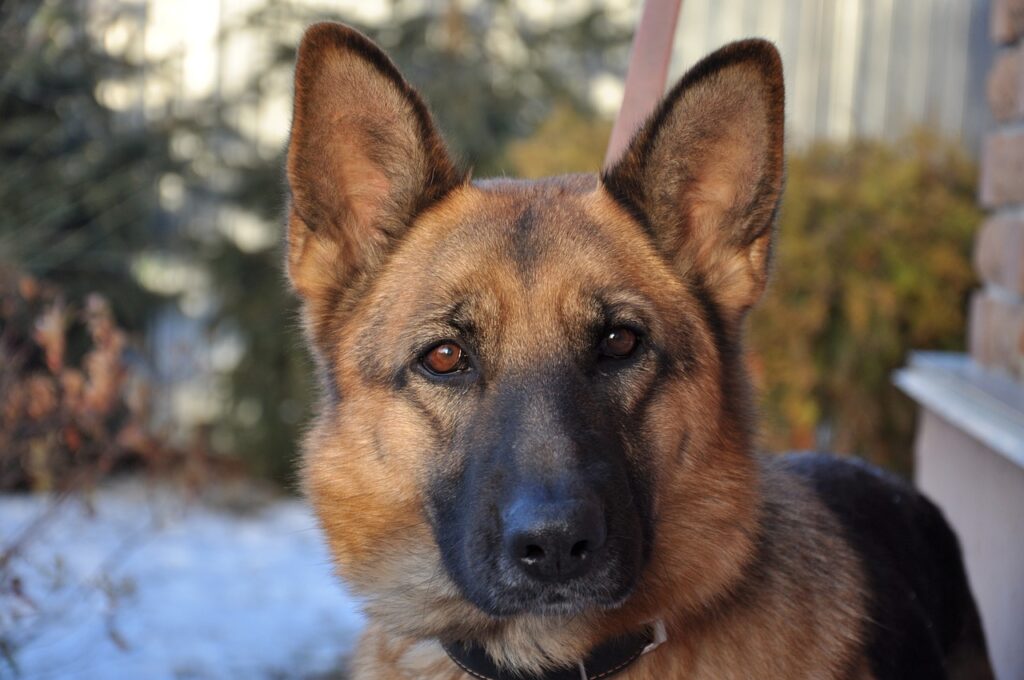
1. Evolutionary Scavenger Instinct
Dogs have a natural instinct to scavenge for food, which dates back to their evolutionary ancestors. In the wild, dogs would scavenge for scraps and left-overs to survive. This instinct still remains in domesticated dogs, making them prone to searching for any available food.
2. Dogs Are Opportunistic Eaters
Dogs are opportunistic eaters, meaning they will eat anything that is within their reach and smells enticing to them. The wide variety of aromas produced by human food can be incredibly tempting for dogs, leading them to try and devour it whenever given the opportunity.
3. Dogs Are Attracted to the Smells of Human Food
Dogs have an exceptional sense of smell that is much stronger than that of humans. The aromas emitted by human food are highly appealing to their sensitive noses, making it difficult for them to resist the temptation of indulging in our meals.
Final Thoughts
Preventing your dog from stealing human food can be challenging. Yet, it’s not impossible. You can achieve this feat through simple and consistent steps.
Firstly, keep the dog away from table scraps or left-over human food. Instead of giving human food to your dog, store it out of your dog’s reach and sight to eliminate temptation.
Secondly, teach your dog basic obedience training commands like “leave it” or “stay.” It will help your dog resist the urge to snatch food and prevent counter-surfing.
Lastly, provide appropriate chew toys and reward good behavior with dog treats or praise to reinforce positive habits.
By consistently implementing these strategies, you can ensure your four-legged companion stays safe while you enjoy your meals.
























